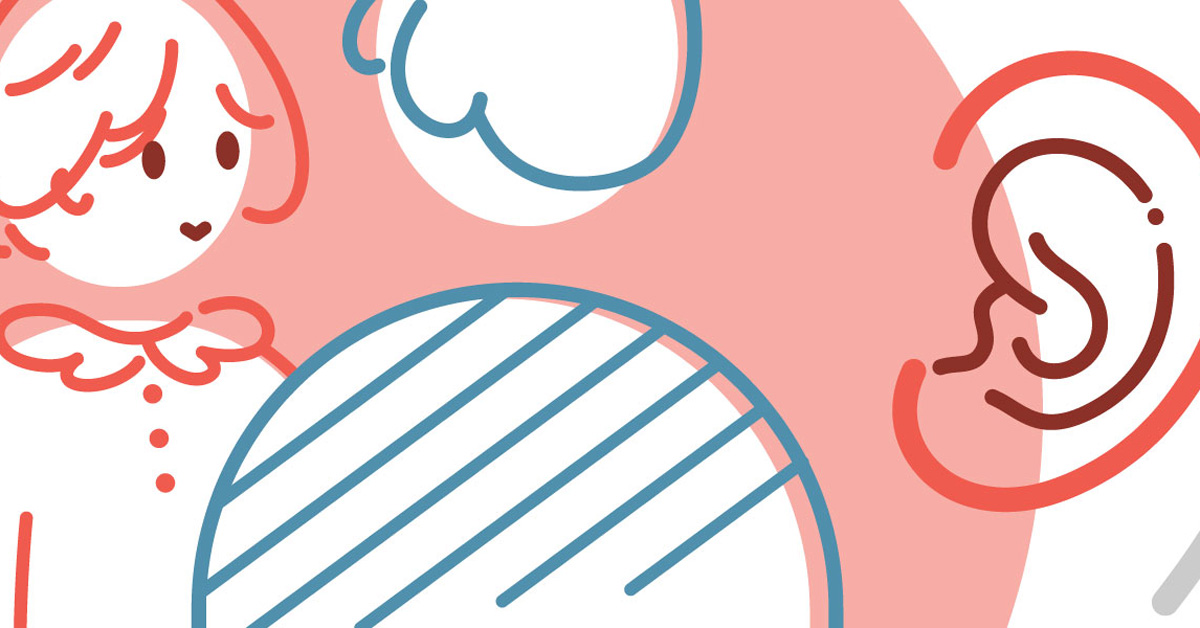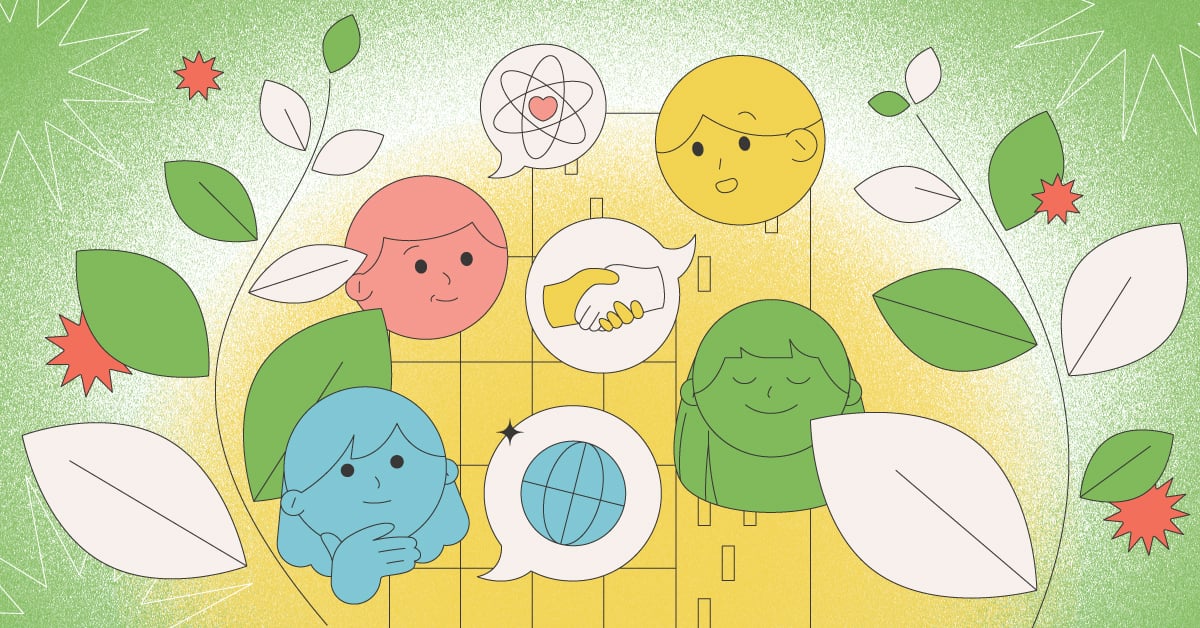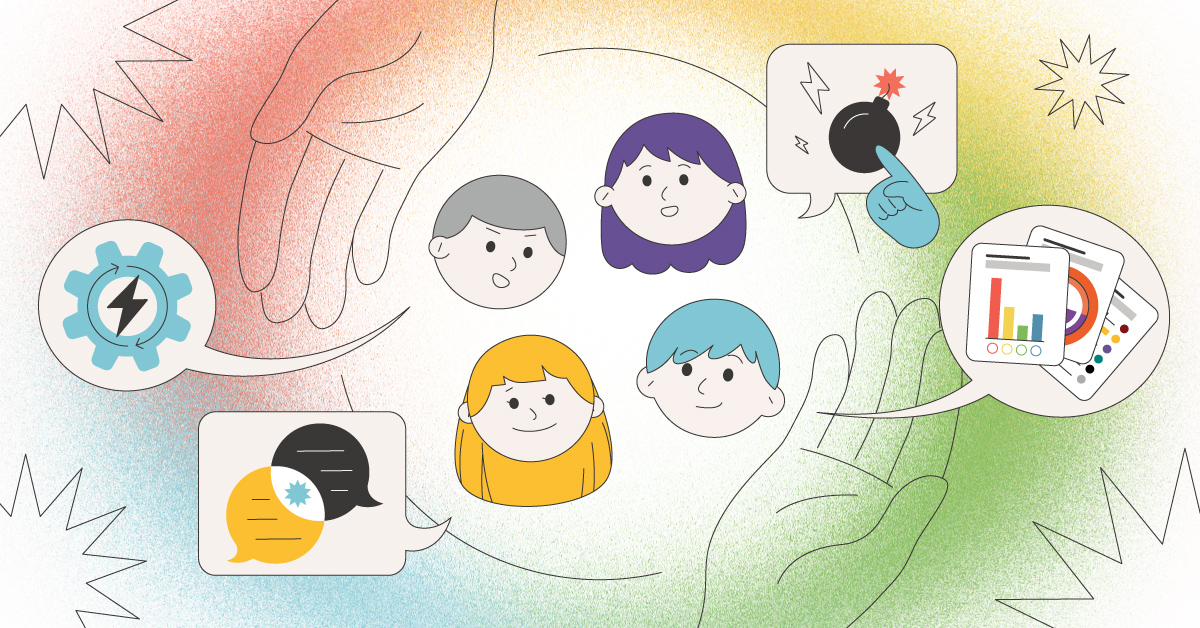
Despite your best intentions, every relationship will hit a boiling point. It’s unfortunate but inevitable. However, a disagreement with your partner, a family member or a coworker doesn’t have to escalate into a larger problem if you take immediate action to defuse the situation.
Here are 4 ways to improve your conflict resolution skills with better communication in your relationships.
Prioritize In-person Communication
We’re all busy, and when you’re frustrated at someone it can be tempting to fire off a flurry of angry text messages.
Resist that urge! Texting instead of talking creates unnecessary opportunities for misunderstanding. When body language, tone, and inflection are absent, there’s a lot of potential for your intentions to be misconstrued.
Focus on open body language during disagreements. Crossing your arms indicates that you’re closed off and trying to protect yourself, while hands on your hips and frequent gesturing indicate aggression.
Keep your stance neutral and shoulders up. Focus on eye contact, but make sure it’s not overly aggressive. Try to keep your facial expressions neutral, but react to the conversation as needed.
In-person communication is crucial to resolving conflict. At TTI SI, coaching over text or email is banned-- feedback is received in person, face-to-face. This way, our leaders ensure that communication is effective, kind, and helpful. No one has to guess at tone or meaning, which eliminates a lot of miscommunication.
Try this practice with your other relationships! The results might surprise you.
Practice Active Listening
So you’re talking face-to-face. What’s your next step? You need to develop active listening skills to best handle conflict.
We’ve shared before that “effective communication leans heavily on listening skills, which reinforces two-way understanding between two or more people.”
But how exactly do you actively listen? If you remember these 3 steps, you’re on the right track.
Look
Maintain open body language as we discussed above, and focus on steady, but non-aggressive, eye contact.
Process
Make sure you are paying attention to the words used by you and your conversation partner. You need to pay attention to the tone of voice and the body language of your conversation partner.
You’re likely to feel stressed if the conversation is getting heated. Their voice might be raised or they might be using a clipped tone. Note these things, but don’t get distracted by them. Nonverbal communication is still telling you something— pay attention and adapt.
Don’t plan what you’re going to say while the other person is speaking. Take time to truly listen, rather than plan your rebuttal.
Confirm
Active listening involves asking questions to clarify or confirm as needed. You need to ensure the person you’re talking to feels heard.
The best way to do this is to reframe one of their points as a question. Don’t do this frequently, as it can come across as a “gotcha!” moment. However, by clarifying confusion as it comes up, you can avoid future conflict.
Avoid ‘Blame and Shame’
Blame and shame might sound extreme, but these emotions come up frequently in disagreements. It’s human nature to panic and try to shift responsibility away from yourself, but that leads to finger-pointing and heightened negative emotions.
“When you’re in a situation full of conflict, you need to shift your language,” says Cassandra Nelson, a Solutions Consultant at TTI. “Instead of saying ‘I don’t like passive aggressive people’, shift the language to ‘I don’t respond well to passive-aggressive behavior.’ This avoids passing judgment on the individual, while still addressing the problematic behavior.”
Your loved ones and colleagues might not notice this shift, but they will appreciate it subconsciously. Critiquing behavior, not people, allows for a more open dialogue. The moment you make it about them as people, they will close off and get defensive. At that point, you can forget any productive outcome from your conflict resolution process.
Accept Responsibility
This might be the hardest part of resolving a conflict. After all, it’s natural to feel defensive when arguing with someone. However, the acknowledgment of the other person’s pain can go a long way in solving an issue.
Try removing ‘fault’ out of the situation and empathize. Perhaps the initial mistake was theirs, but you lost your temper. Maybe you overlooked something they perceived as important. Do your best to discover where exactly things went wrong, and acknowledge your part in that breakdown. Considering the other person's feelings is crucial.
The ability to admit you’re wrong is a tough one to master since this kind of communication is frequently called a ‘soft skill.’ However, research shows that soft skills are a higher priority than ever; Deloitte reports in their 2019 Global Human Capital Trends that hard skills are increasingly automated, and “the work that remains for humans is generally more interpretive, involving problem-solving...communications, and empathy.”
Owning up to your part in a conflict is a huge contribution to problem-solving, and the other involved parties will notice and appreciate it. Explain your actions, share your feelings, but don’t try to explain their feelings, especially to them.
Empower Your Outcome Through Conflict Resolution
Dealing with conflict is an inevitable part of any relationship, but you can prepare yourself to handle the outcome of any situation. While several of those preparations are listed here, another important one to consider is the use of assessments.
One of the best benefits of assessments is the way they help create awareness. They allow you to better understand your own behavior and the behavior of others. This awareness won’t negate possible conflicts, but it will help you learn from those interactions.
Keep this in mind and improve your personal communication skills to advance your career, help your friendships, and further develop your personal relationships.




